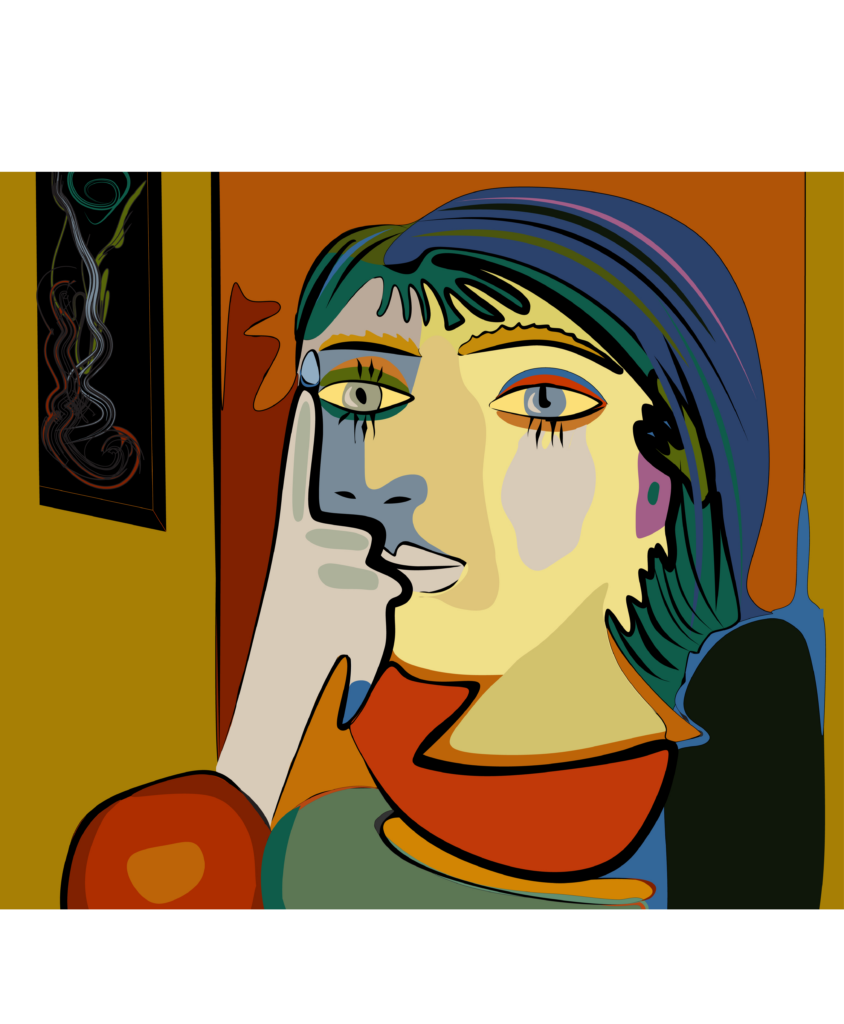
A definition of “domestic abuse” is now outlined in the Domestic Abuse Act 2021.
Within this definition Economic Abuse is recognised in law for the very first time. The Act defines economic abuse as any behaviour that has a substantial and adverse effect on an individual’s ability to:
(a) acquire, use or maintain money or other property, or
(b) obtain goods or services
The Act will not make economic abuse a crime in its own right. However, it can be addressed through other offences, such as criminal damage and controlling or coercive control
I mentioned in my previous blog that coercive control does occur post separation and can become worse during this period. As we have explored in my earlier post, the Domestic Abuse Act 2021 states that coercive control can take place after separation. Now that economic abuse is defined within the act – we can also highlight that economic abuse after separation is coercive control.
Financial abuse and control is a primary tool to isolate survivors and prevent a means of acquiring choice and independence. It creates economic dependency and instability. Economic abuse as a term does not only recognise that money and finances can be controlled by an abuser, but that other economic resources can be controlled, including food, clothing, transportation and housing. Controlling partners can demand receipts, check statements and keep financial information secret such as pensions and mortgages. They withhold resources, where victims are required to ask to use the car, phone or buy toiletries. Maintaining economic abuse can entail not contributing to bills or the costs for children, spending money, incurring debts and destroying property. Given that it does not require physical proximity, economic abuse can start, continue, and even escalate after separation.

95% of survivors of domestic abuse experience economic abuse.
60% are in debt and 1 in 4 women experience economic abuse after leaving.
This most certainly affects women from being able to afford support within family law proceedings. It effects their ability to live safely and with consistency. It is known that economic security and access to resources post-separation is a reason some women return.
Women’s McKenzie Friend understands that Economic abuse is a tool to control. It occurs alongside other forms of abuse and is a pattern of behaviours called coercive control. If you would like further information then please visit the website Surviving Economic Abuse; a UK Charity that supports women experiencing economic abuse. www.survivingeconomicabuse.org
The Domestic Abuse Bill received Royal Assent and became an Act of Parliament (law). This happened on April 29th, 2021. However not all sections in the Act come into force/operation immediately. Different provisions of an Act to come into force on different dates. For example, post-separation abuse will only become part of the coercive control offence after the Act comes into law. At this stage it is suggested that this will be Spring 2022.
Please see a commencement schedule for the different parts of the act to come into force.